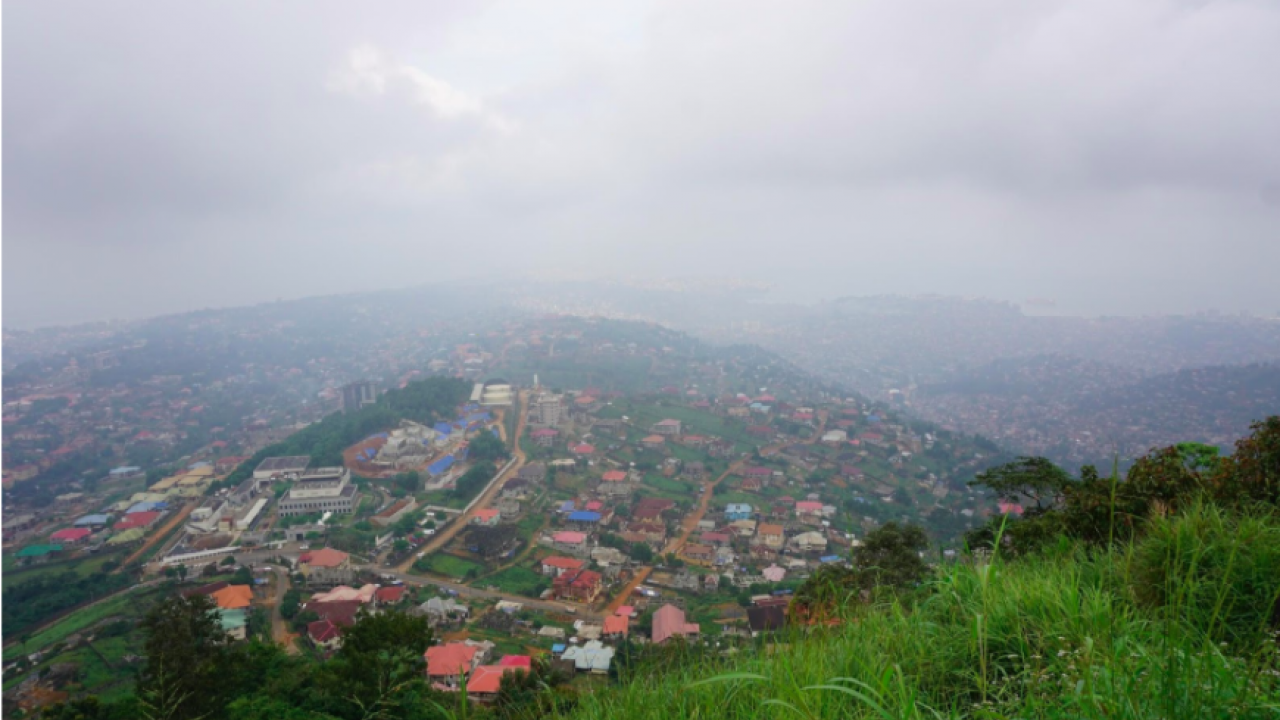
Martin's debriefing and framing the project (Sierra Leone)
September 13th
After over a month in Bo, we have finally made our way to Freetown, Sierra Leone's capital city and center of development. Bo is fondly referred to as The Second City by most Salone residents but next to Freetown it seems a mere village. Freetown benefits from 24-hour reliable electricity supplied by a Chinese powership and a constant influx of imported goods from global markets. Freetown's level of development has a lot to do with the colonial history of the city and it's enduring relationship with foreign countries providing access to aid programs.
Our purpose in the city was in part to accompany Martin to a meeting at the US embassy where he was meant to give a debriefing on his experience in America. Martin Kailie is the founder of the Desert Water NGO and the recipient of a recent Humphrey fellowship to study in the US. It was during this fellowship that Dana and I were connected with Martin and we first began to frame this project. I'll paraphrase the project description Martin gave at this meeting as a foundation for future blog posts.
The project is essentially a pilot study to determine whether ethanol fuel can be feasible as an alternative fuel source for cooking in Sierra Leone. The vast majority of households in the country rely on firewood and charcoal to cook daily. The use of these biomass fuels can contribute to deforestation and pollution, major issues in Sierra Leone. Bioethanol fuel is already produced in Sierra Leone via a massive foreign investment but the country benefits very little from this. Our methodology will be to introduce ethanol fuel and stoves to 20 pilot households in an effort to determine the acceptability of the fuel and which key factors influence technology adoption in this case. The long term vision is to set up a distribution Network for ethanol fuel and to involve local communities in the fuel production process so as to build a sustainable industry. As Martin said, “We will not only provide this fuel for the urban dwellers but we must also offer an alternative livelihood for those farmers who depend on the sale of firewood".
Now, nearly a year after we first discussed ethanol in a classroom at UC Davis, our team has begun to implement this vision.
Written by Peter Nasielsk
